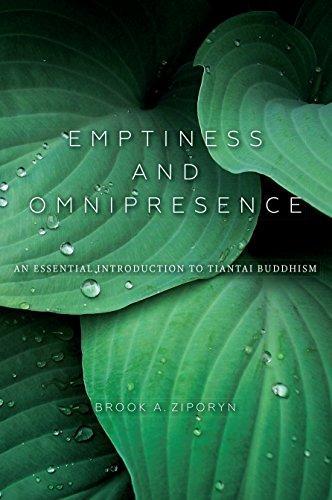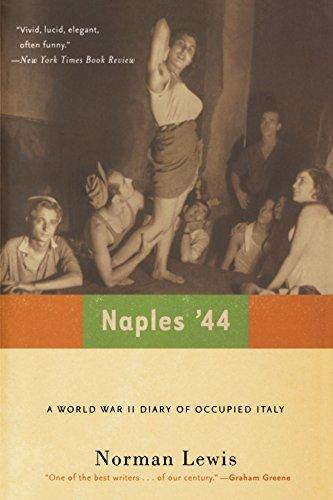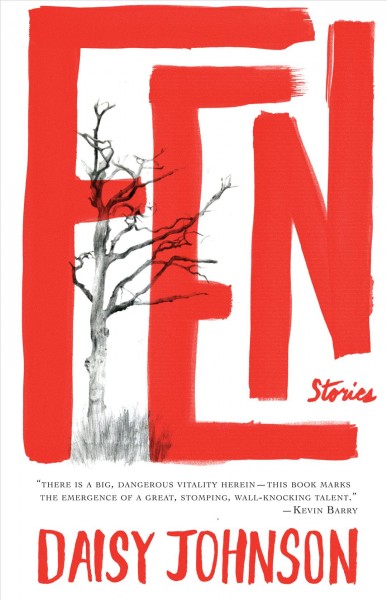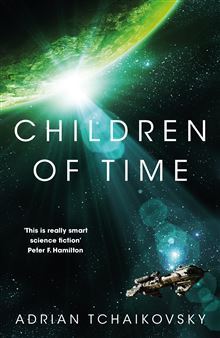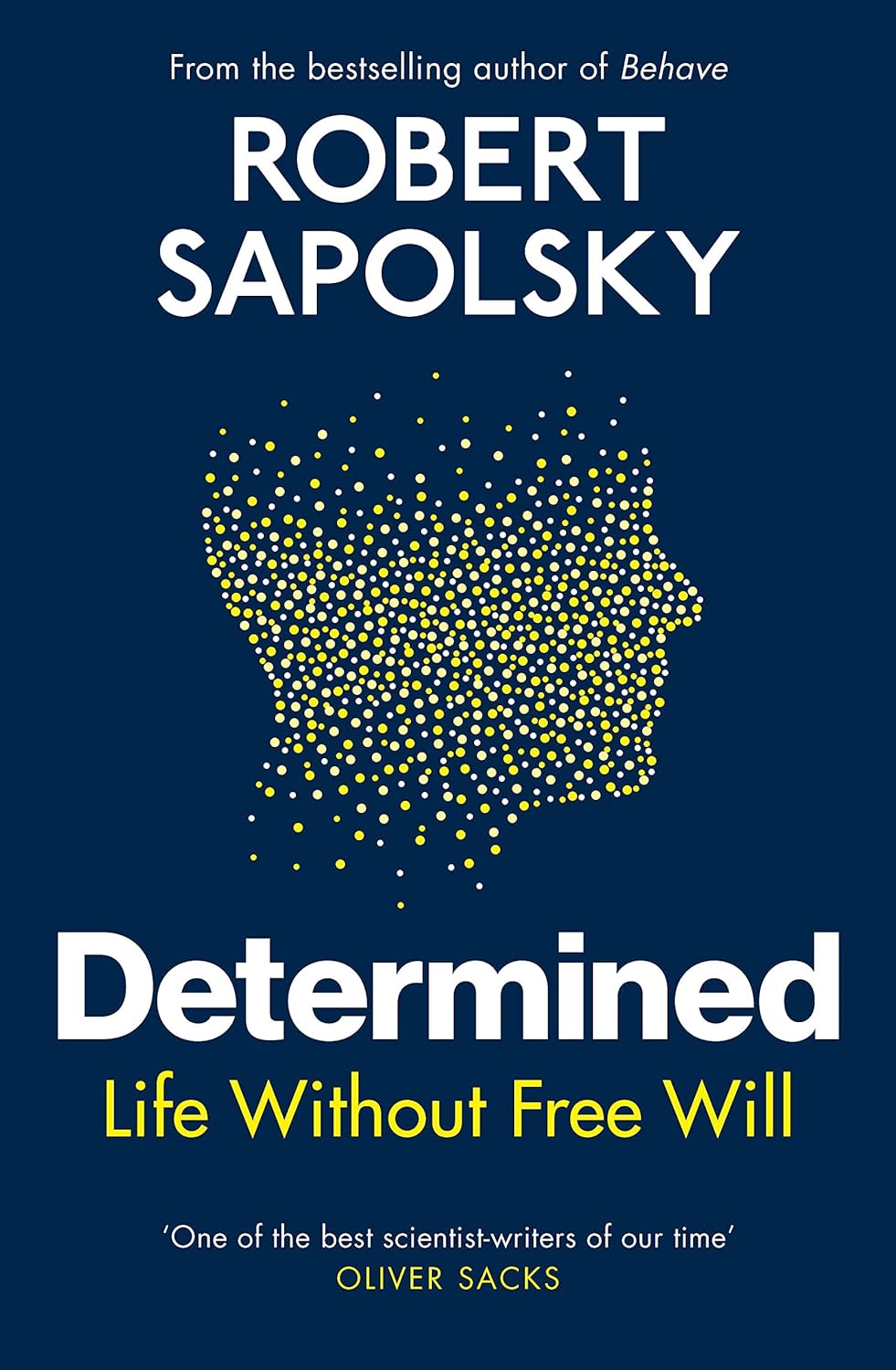Recommended by Brian Eno
User Profile
Dad, data engineer, novelist, nature lover. Living in Ann Arbor, MI.
This link opens in a pop-up window
Sam Firke's books
2025 Reading Goal
Success! Sam Firke has read 24 of 12 books.
User Activity
RSS feed Back
Sam Firke wants to read Naples '44: A World War II Diary of Occupied Italy by Norman Lewis
Sam Firke wants to read Eating Animals by Jonathan Safran Foer
Sam Firke wants to read Mendings by Megan Sweeney
Recommended by my friends Cody and Polly
Sam Firke wants to read Determined by Robert M. Sapolsky
Sam Firke wants to read Capitalist Realism by Mark Fisher

Capitalist Realism by Mark Fisher
Capitalist Realism: Is There No Alternative? explores Fisher's concept of "capitalist realism," which he takes to describe "the widespread sense …
Sam Firke wants to read Children of Ruin by Adrian Tchaikovsky (Children of Time, #2)
Sam Firke reviewed Children of Time by Adrian Tchaikovsky (Children of Time, #1)
Felt like a teen again, reading some top-notch sci fi
5 stars
Quite a feat of writing: Literary language, engaging plot, clever ending, amazing world-building, thought-provoking questions. The humans weren't quite as interesting as the spiders, sure, but their story was a good foil and drove the plot.
Quite a feat of writing: Literary language, engaging plot, clever ending, amazing world-building, thought-provoking questions. The humans weren't quite as interesting as the spiders, sure, but their story was a good foil and drove the plot.
Sam Firke finished reading Children of Time by Adrian Tchaikovsky (Children of Time, #1)
Gosh that was good! Literary language, engaging plot, clever ending, amazing world-building, thought-provoking questions.
My favorite part was a pair of chapters that had a tender moment between spiders and then one between humans, back to back.
Sam Firke started reading Children of Time by Adrian Tchaikovsky (Children of Time, #1)
About 300 pages in already and loving it. It feels like reading Ender's Game for the first time as a teen.
About 300 pages in already and loving it. It feels like reading Ender's Game for the first time as a teen.
Sam Firke finished reading Waking Up by Sam Harris

Waking Up by Sam Harris
Waking Up: A Guide to Spirituality Without Religion is a 2014 book by Sam Harris that discusses a wide range …
Sam Firke wants to read Wild Dark Shore by Charlotte McConaghy
Sam Firke finished reading Hellions by Julia Elliott
I read one or two each day and enjoyed them. There are some images that repeat between stories, like a thatch of hair on a shower drain, but otherwise they were different enough, with varying degrees of the supernatural and darkness.
Sam Firke quoted Hellions by Julia Elliott
From the depths of the freezer, Dad wrested bass and bream, which he'd cleaned and gutted long ago, storing them in knot-ted bread bags for the long freeze. He peeled the plastic away from frozen clumps of small fish, piled them onto a plate, and put them into the microwave to thaw. Spinning in the microwave light, the game popped and steamed. When the fish had thawed into a gelatinous mass, Dad opened the microwave and unleashed smells of stagnant swamps, of drainage ditches and backwaters haunted by moaning ghosts. Retching, we staggered out into the backyard, where Dad had set up his propane fryer, its aluminum pot filled with recycled oil he'd saved in mason jars.
Soon Dad joined us with a heap of breaded fish, singing "Hang Down Your Head Tom Dooley." A Jim Beam bottle bobbed festively in his bathrobe pocket. In the shade of the magnolia, he unfolded a lawn chair and got to work.
As Dad plopped fish into the sputtering oil, he turned to the topic of Hell.
— Hellions by Julia Elliott (Page 237)
From the final short story, All The Other Demons. This collection was at its best with phrases like "backwaters haunted by moaning ghosts" and the Jim Beam bottle bobbing in the bathrobe pocket.
From the final short story, All The Other Demons. This collection was at its best with phrases like "backwaters haunted by moaning ghosts" and the Jim Beam bottle bobbing in the bathrobe pocket.
